CHIP PRODUCTION TO BE CAPPED FOR GRANTS
입력 2023.03.22 (15:09)
수정 2023.03.22 (16:45)
읽어주기 기능은 크롬기반의
브라우저에서만 사용하실 수 있습니다.
[Anchor Lead]
The U.S government, which has offered substantial subsidies to boost its domestic semiconductor production, has announced criteria for how much companies receiving subsidies should reduce its production in China. South Korean companies producing advanced semiconductors in China can only expand their manufacturing facilities by less than 5 percent for 10 years in order to receive U.S. subsidies.
[Pkg]
The U.S. has disclosed the details of guardrails for restricting investments in China for companies that receive chip grants. Chipmakers will be banned from expanding their production capacity in China for ten years by more than 10 percent for general purpose chips and more than 5 percent for high-end chips. Transactions worth more than 100-thousand dollars will also be restricted.
[Soundbite] Michael Schmidt(Dir. of CHIPS Program Office, U.S. Dept. of Commerce)
NAND flash chips of over 128 layers and DRAM chips of under 18 nanometers produced by Samsung Electronics and SK Hynix in China are classified as high-end chips. In other words, they will be eligible for the U.S. chip funding only if they expand their manufacturing facilities by less than 5 percent for 10 years. The guardrails only refer to quantitative expansion, such as the addition of production lines, and do not restrict technological upgrades. The Korean government and the semiconductor sector say the worst has been avoided. However, chipmakers' concerns remain because the restriction on manufacturing capacity is in fact a way to prevent new investments. The U.S. could also impose additional restrictions for Korean businesses on bringing U.S.-made advanced technology facilities to their Chinese factories in the future. Back in October the U.S. government mandated that all high-tech U.S. equipment brought to China be inspected. Korean companies were given a one-year grace period. To extend the grace period, Korean companies will have to negotiate the matter with the U.S., which will likely set more complex guardrails. The U.S. believes that preventing China from obtaining high-end chip technology will serve Korea's national security interests well. An official from the U.S. Commerce Department is to visit South Korea, Japan and Taiwan to discuss the matter.
The U.S government, which has offered substantial subsidies to boost its domestic semiconductor production, has announced criteria for how much companies receiving subsidies should reduce its production in China. South Korean companies producing advanced semiconductors in China can only expand their manufacturing facilities by less than 5 percent for 10 years in order to receive U.S. subsidies.
[Pkg]
The U.S. has disclosed the details of guardrails for restricting investments in China for companies that receive chip grants. Chipmakers will be banned from expanding their production capacity in China for ten years by more than 10 percent for general purpose chips and more than 5 percent for high-end chips. Transactions worth more than 100-thousand dollars will also be restricted.
[Soundbite] Michael Schmidt(Dir. of CHIPS Program Office, U.S. Dept. of Commerce)
NAND flash chips of over 128 layers and DRAM chips of under 18 nanometers produced by Samsung Electronics and SK Hynix in China are classified as high-end chips. In other words, they will be eligible for the U.S. chip funding only if they expand their manufacturing facilities by less than 5 percent for 10 years. The guardrails only refer to quantitative expansion, such as the addition of production lines, and do not restrict technological upgrades. The Korean government and the semiconductor sector say the worst has been avoided. However, chipmakers' concerns remain because the restriction on manufacturing capacity is in fact a way to prevent new investments. The U.S. could also impose additional restrictions for Korean businesses on bringing U.S.-made advanced technology facilities to their Chinese factories in the future. Back in October the U.S. government mandated that all high-tech U.S. equipment brought to China be inspected. Korean companies were given a one-year grace period. To extend the grace period, Korean companies will have to negotiate the matter with the U.S., which will likely set more complex guardrails. The U.S. believes that preventing China from obtaining high-end chip technology will serve Korea's national security interests well. An official from the U.S. Commerce Department is to visit South Korea, Japan and Taiwan to discuss the matter.
■ 제보하기
▷ 카카오톡 : 'KBS제보' 검색, 채널 추가
▷ 전화 : 02-781-1234, 4444
▷ 이메일 : kbs1234@kbs.co.kr
▷ 유튜브, 네이버, 카카오에서도 KBS뉴스를 구독해주세요!
- CHIP PRODUCTION TO BE CAPPED FOR GRANTS
-
- 입력 2023-03-22 15:09:38
- 수정2023-03-22 16:45:08
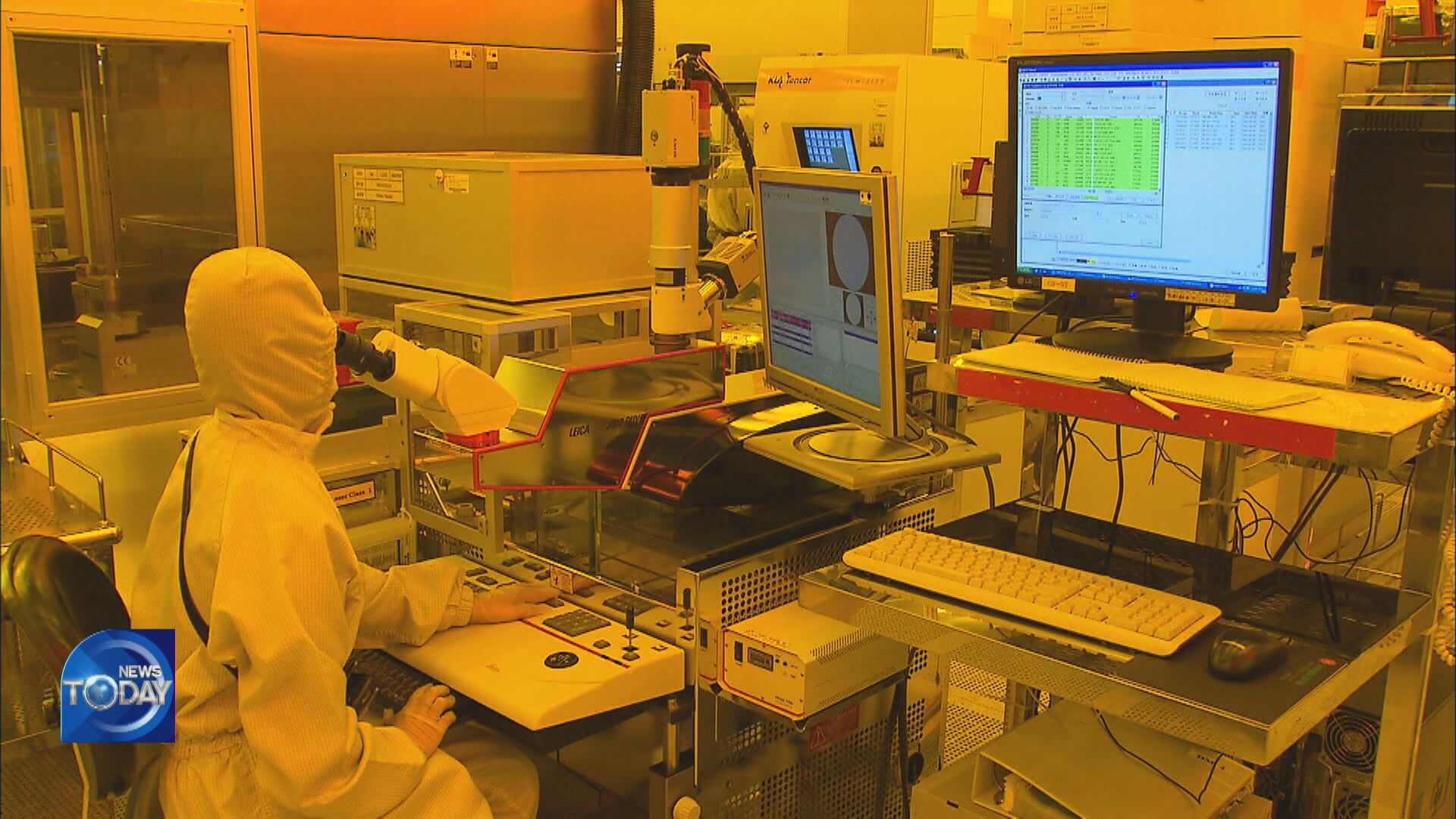
[Anchor Lead]
The U.S government, which has offered substantial subsidies to boost its domestic semiconductor production, has announced criteria for how much companies receiving subsidies should reduce its production in China. South Korean companies producing advanced semiconductors in China can only expand their manufacturing facilities by less than 5 percent for 10 years in order to receive U.S. subsidies.
[Pkg]
The U.S. has disclosed the details of guardrails for restricting investments in China for companies that receive chip grants. Chipmakers will be banned from expanding their production capacity in China for ten years by more than 10 percent for general purpose chips and more than 5 percent for high-end chips. Transactions worth more than 100-thousand dollars will also be restricted.
[Soundbite] Michael Schmidt(Dir. of CHIPS Program Office, U.S. Dept. of Commerce)
NAND flash chips of over 128 layers and DRAM chips of under 18 nanometers produced by Samsung Electronics and SK Hynix in China are classified as high-end chips. In other words, they will be eligible for the U.S. chip funding only if they expand their manufacturing facilities by less than 5 percent for 10 years. The guardrails only refer to quantitative expansion, such as the addition of production lines, and do not restrict technological upgrades. The Korean government and the semiconductor sector say the worst has been avoided. However, chipmakers' concerns remain because the restriction on manufacturing capacity is in fact a way to prevent new investments. The U.S. could also impose additional restrictions for Korean businesses on bringing U.S.-made advanced technology facilities to their Chinese factories in the future. Back in October the U.S. government mandated that all high-tech U.S. equipment brought to China be inspected. Korean companies were given a one-year grace period. To extend the grace period, Korean companies will have to negotiate the matter with the U.S., which will likely set more complex guardrails. The U.S. believes that preventing China from obtaining high-end chip technology will serve Korea's national security interests well. An official from the U.S. Commerce Department is to visit South Korea, Japan and Taiwan to discuss the matter.
The U.S government, which has offered substantial subsidies to boost its domestic semiconductor production, has announced criteria for how much companies receiving subsidies should reduce its production in China. South Korean companies producing advanced semiconductors in China can only expand their manufacturing facilities by less than 5 percent for 10 years in order to receive U.S. subsidies.
[Pkg]
The U.S. has disclosed the details of guardrails for restricting investments in China for companies that receive chip grants. Chipmakers will be banned from expanding their production capacity in China for ten years by more than 10 percent for general purpose chips and more than 5 percent for high-end chips. Transactions worth more than 100-thousand dollars will also be restricted.
[Soundbite] Michael Schmidt(Dir. of CHIPS Program Office, U.S. Dept. of Commerce)
NAND flash chips of over 128 layers and DRAM chips of under 18 nanometers produced by Samsung Electronics and SK Hynix in China are classified as high-end chips. In other words, they will be eligible for the U.S. chip funding only if they expand their manufacturing facilities by less than 5 percent for 10 years. The guardrails only refer to quantitative expansion, such as the addition of production lines, and do not restrict technological upgrades. The Korean government and the semiconductor sector say the worst has been avoided. However, chipmakers' concerns remain because the restriction on manufacturing capacity is in fact a way to prevent new investments. The U.S. could also impose additional restrictions for Korean businesses on bringing U.S.-made advanced technology facilities to their Chinese factories in the future. Back in October the U.S. government mandated that all high-tech U.S. equipment brought to China be inspected. Korean companies were given a one-year grace period. To extend the grace period, Korean companies will have to negotiate the matter with the U.S., which will likely set more complex guardrails. The U.S. believes that preventing China from obtaining high-end chip technology will serve Korea's national security interests well. An official from the U.S. Commerce Department is to visit South Korea, Japan and Taiwan to discuss the matter.
이 기사가 좋으셨다면
-
좋아요
0
-
응원해요
0
-
후속 원해요
0










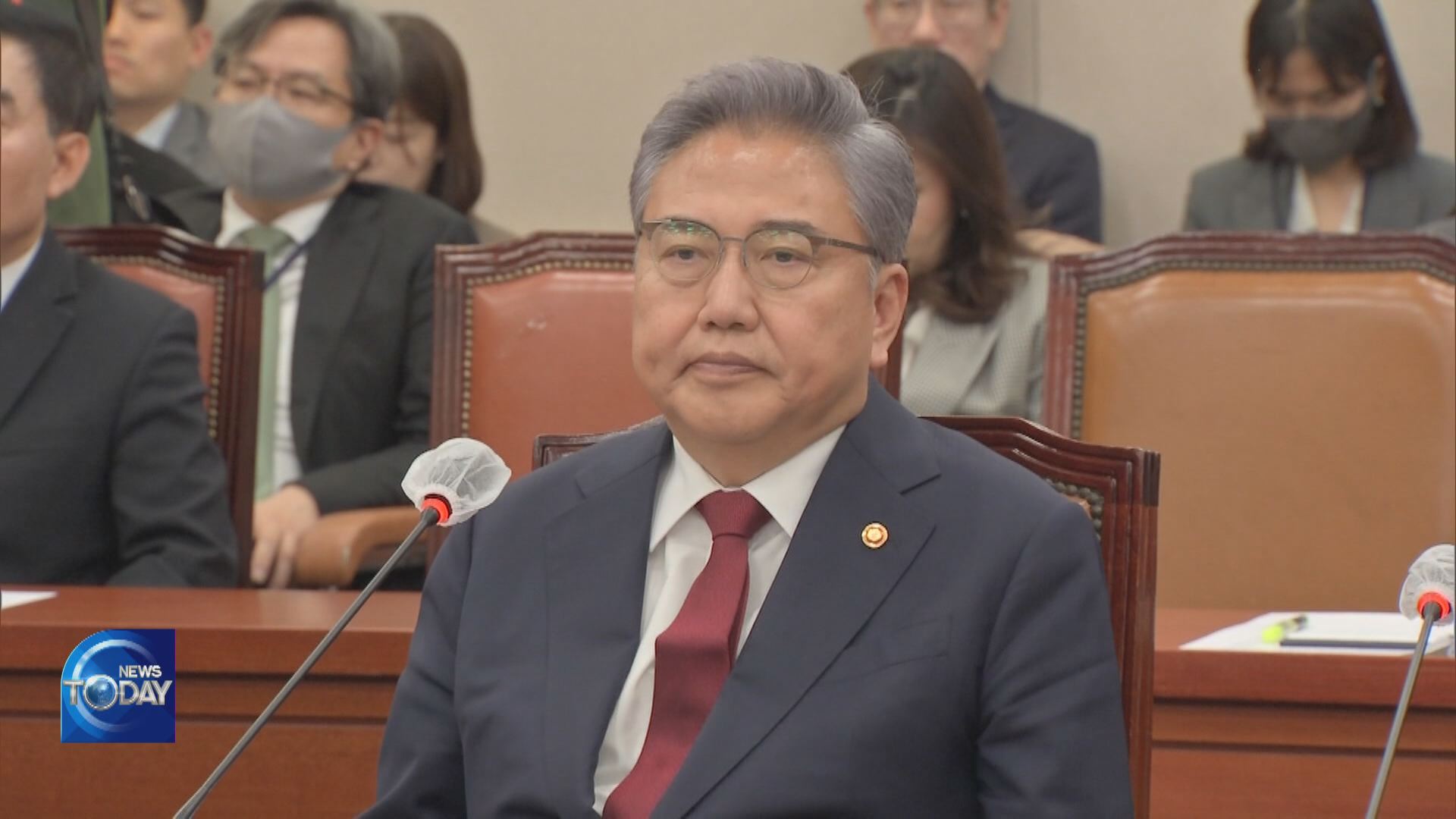
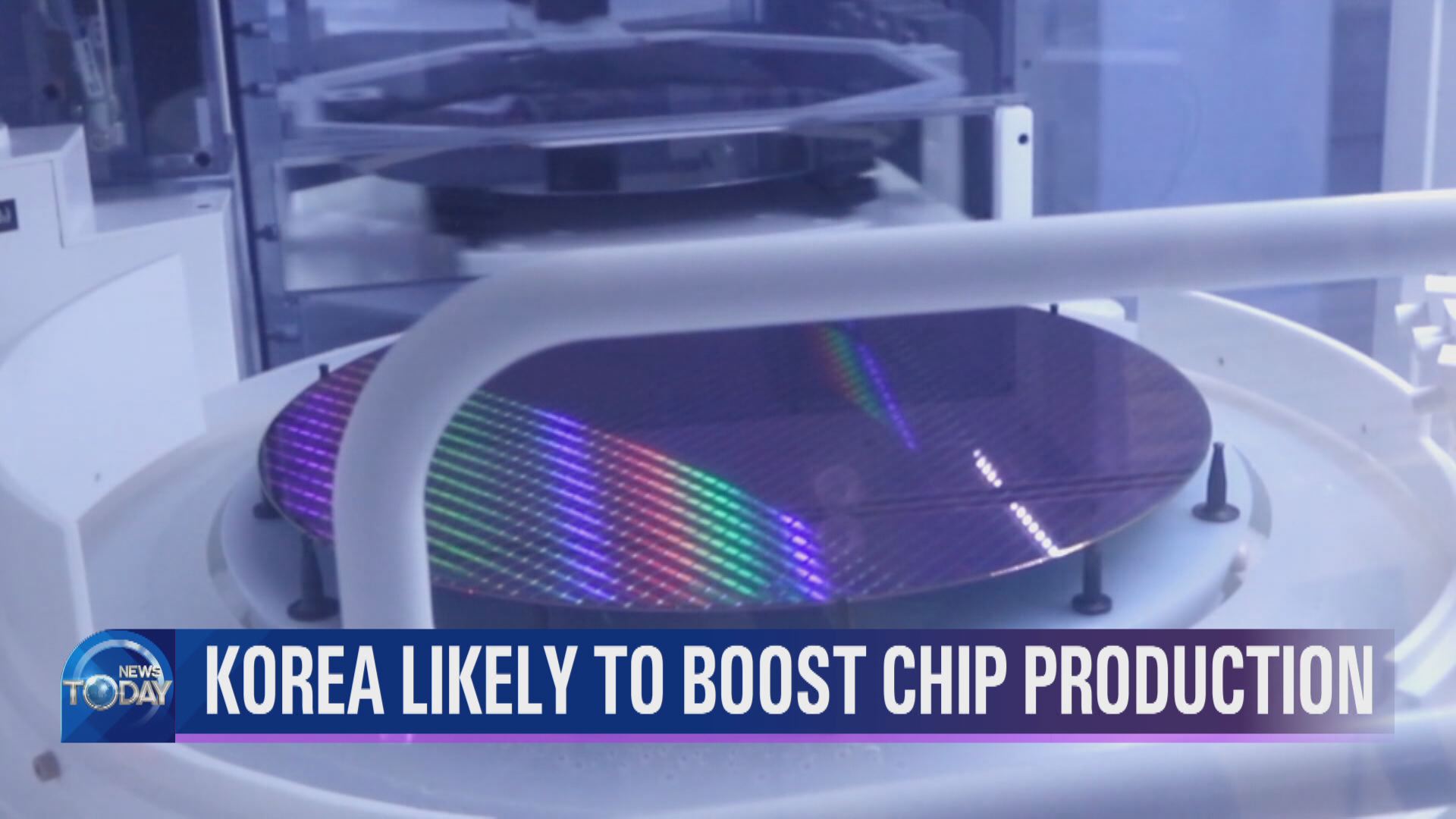
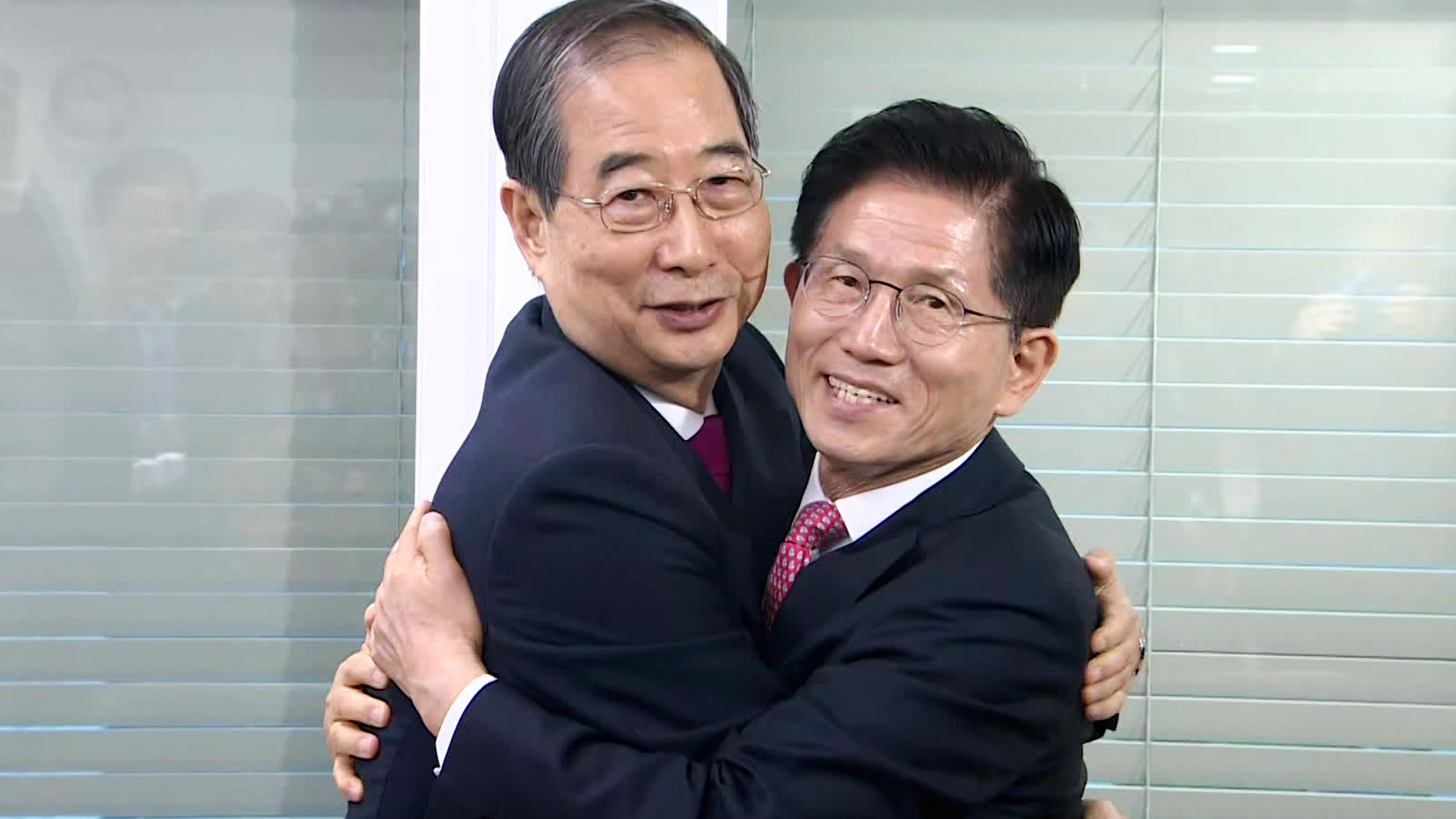
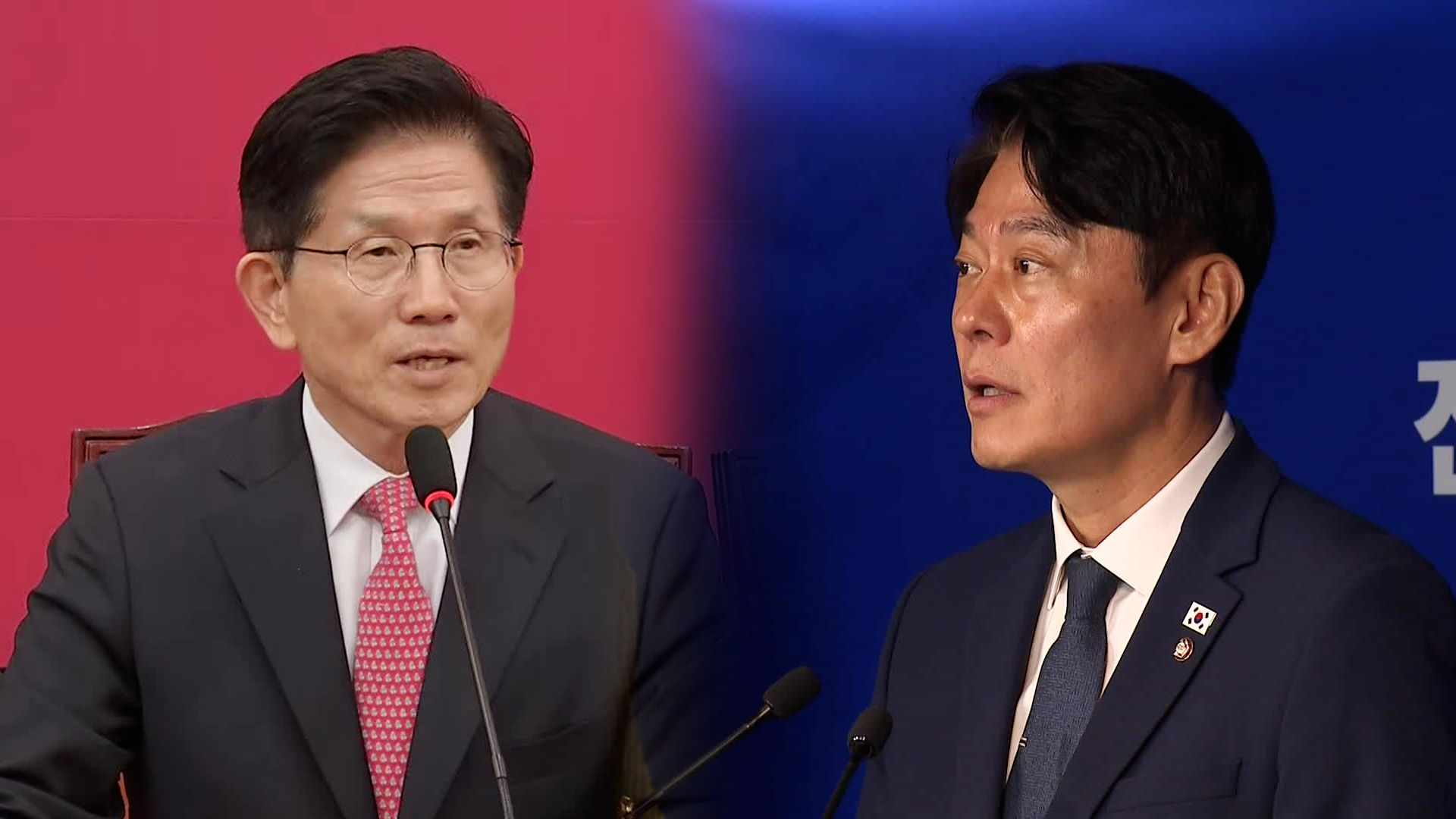
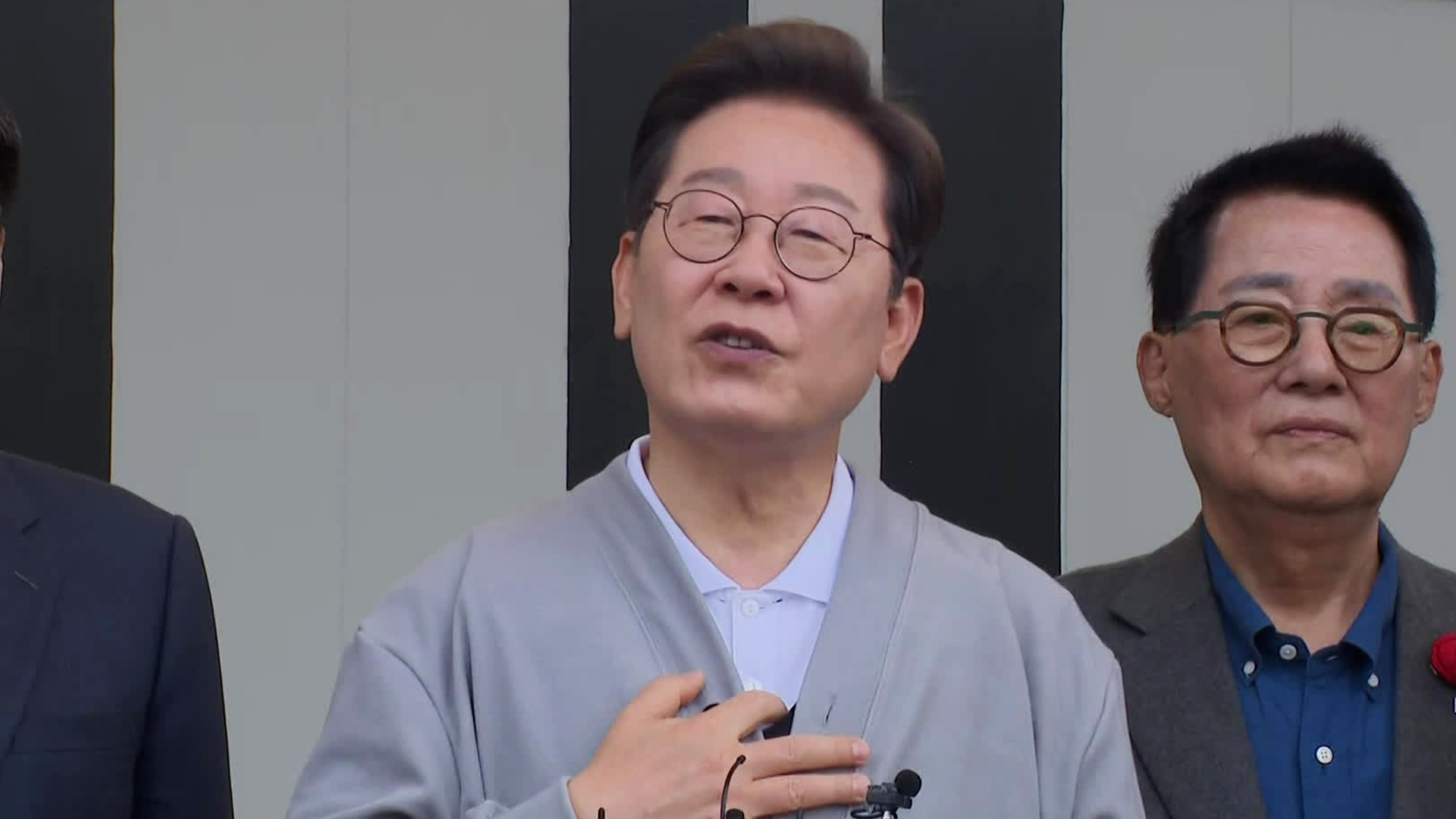
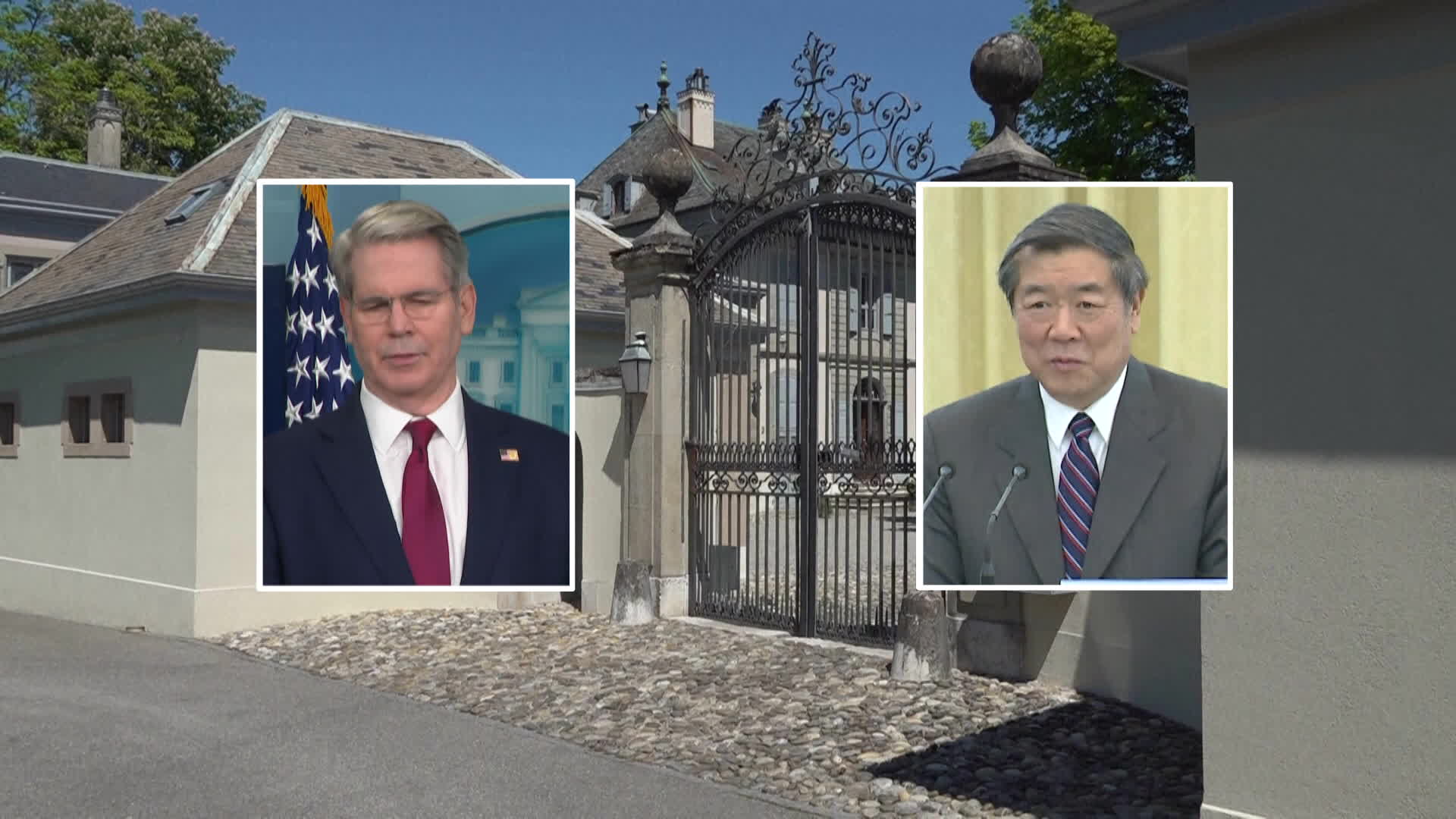

이 기사에 대한 의견을 남겨주세요.